Carla Carlisle: 'We took it for granted that we could travel the world and live wherever we wanted... Now the dice is loaded against our children and against the planet. What were we thinking?'
Carla Carlisle on being a pessimist, making lists, and seeing snow for the first time.

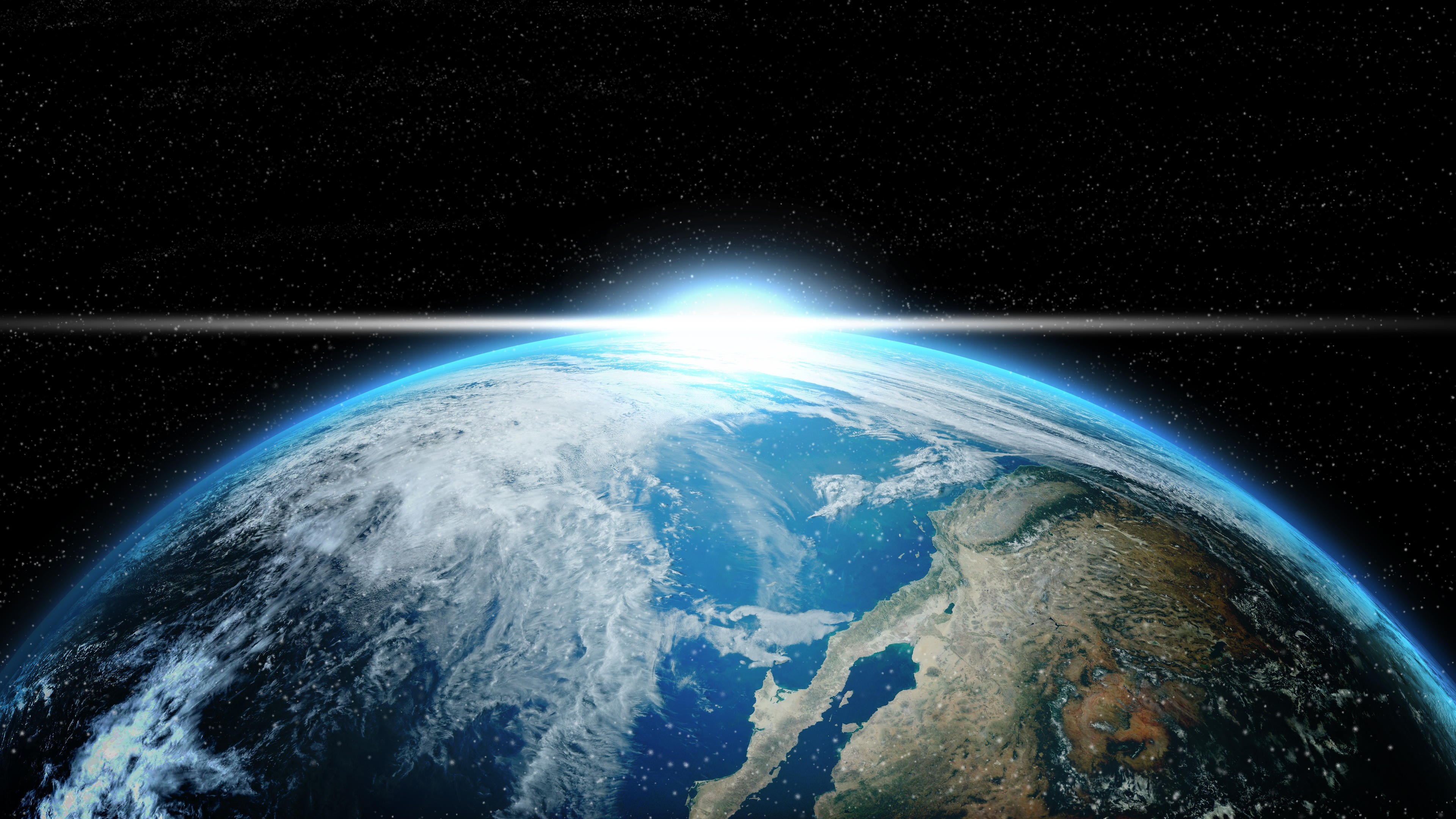
It’s a cool, grey morning in early September and the first Christmas cards have arrived. Not cards wishing me a merry Christmas, but a selection via email from the New York Review of Books for me to buy. Predictably, the cards are more literary than holy, with drawings by Edward Gorey, Charles Addams and Saint-Exupéry, and they are a welcome distraction on my desktop. I especially like the quote with the man looking out of the window: ‘His soul swooned slowly as he heard the snow falling faintly through the universe’ (James Joyce).
I was 18 before I saw snow falling through the universe and I am pretty sure my soul swooned. Soon after that snowfall, I came across those words of the Irish writer and took them to heart. That was half a century ago, but this morning I had the feeling that something was missing. I’d like to say that I reached for my volume of Dubliners and turned to the last line in the short story The Dead. Instead I Googled the quote: ‘His soul swooned slowly as he heard the snow falling faintly through the universe and faintly falling, like the descent of their last end, upon all the living and the dead.’
The NY Review’s abbreviated version is a gently festive message, but the full quote appeals to the poets and the pessimists in the world. Although my commercial verve has hit a lull, I have one more farm diversification up my sleeve: The Melancholy Card Company. I’m always on the lookout for artists with the lugubrious menace of Messrs Gorey and Addams and I’ve got a shoebox stuffed with quotes for all dismal occasions.
"That’s the thing about us pessimists: we think if you aren’t worried sick right now, something’s wrong with you."
I chose one of my favourites, from Keats’s The Eve of Saint Agnes, to top the menu in our vineyard restaurant when we re-opened after the first lockdown, ‘The hare limped trembling through the frozen grass’, but my husband, one of Nature’s optimists, vetoed it. ‘Too gloomy,’ he said, despite the fact that The Leaping Hare was limping, not leaping, which echoed in my poetic ear with ‘not waving but drowning’.
If you are inclined to pessimism, these are times that have fertilised every nerve ending. If I hear someone say ‘Look on the bright side’ or ‘You’ve got to give Brexit a chance’, I check to see if the oxygen has been cut off from their brain tissue. When friends tell me that now they have stopped reading newspapers and listening to the news and that they are no longer overeating/spending/drinking and sleep like a baby, I mutter that I think it is healthy to maintain a decent pitch of indignation. The Melancholy Card Company will have a card for these folks: ‘A smooth forehead betokens a hard heart’ (Bertolt Brecht). That’s the thing about us pessimists: we think if you aren’t worried sick right now, something’s wrong with you.
"It’s an understanding, a confession, that we have lived and loved in the Best of Times and we didn’t know it. "
On days when I feel like Keats’s hare, I go in search of my aged copy of Scott Fitzgerald’s haunting essay The Crack-Up. When the writer was overwhelmed with the futility of life, he would try ‘resolutely not to think’, but to make lists. His lists — of houses he had lived in, popular tunes, suits and shoes he once owned — don’t work for me. I find it more helpful to make three lists, not mixing overdue thank-you letters with wildfires.
I start with all the things that weigh me down, but that I can — if only I will — do something about. Then I write down the things that make me sad. My last list is for the things that make me feel crazy with rage. Dealing with the everyday things — clutter, unwritten letters, lost passwords, the expired driving licence, the 10lb I put on in the first lockdown, took off in the second and regained in this grim summer — is not a cure for inertia, but is palliative. It lessens the anxiety that pervades List 2.
Exquisite houses, the beauty of Nature, and how to get the most from your life, straight to your inbox.
The ‘Just Sad’ list is more complicated, and it seems to grow whenever two or three are gathered together. It’s an understanding, a confession, that we have lived and loved in the Best of Times and we didn’t know it. We were spendthrift and footloose. We took it for granted that we could travel the world and live wherever we wanted: New York, Paris, London, Kathmandu. We weren’t rich, but we had the magical prosperity and dizzy confidence of student grants, cheap rents, jobs we could change like overcoats. Those were the days my friend, we thought they’d never end. Now the dice is loaded against our children and against the planet. What were we thinking? (Answer: we weren’t thinking.)
It’s the third list that causes me to tremble like the hare in the frozen grass. We know the old story of troubles never coming singly, but this is beyond words: Brexit, Covid-19, Hong Kong, China, Russia, floods, wildfires, earthquake in Haiti, Hurricane Ida. The stupefying, mystifying exit from Afghanistan. And a perfect storm of ‘not enough’: not enough little glass vials for NHS blood tests; not enough lorry drivers, timber or concrete, or midwives, GPs or dentists. Not enough university places or decent houses. Not enough staff for businesses to function or sun for the crops to ripen.
When Fitzgerald finished his lists, he wrote that ‘suddenly, surprisingly’ he felt better: ‘And cracked like an old plate as soon as I heard the news.’ When I finish my lists, I feel a more reliable equilibrium. I reckon there is hope for the universe if we don’t let ourselves grow accustomed to a planet on fire, a world upside down. Meanwhile, I’m taking orders for the card, merci a Rebecca Solnit, that says: ‘The tricky thing about hope is not to confuse it with optimism.’
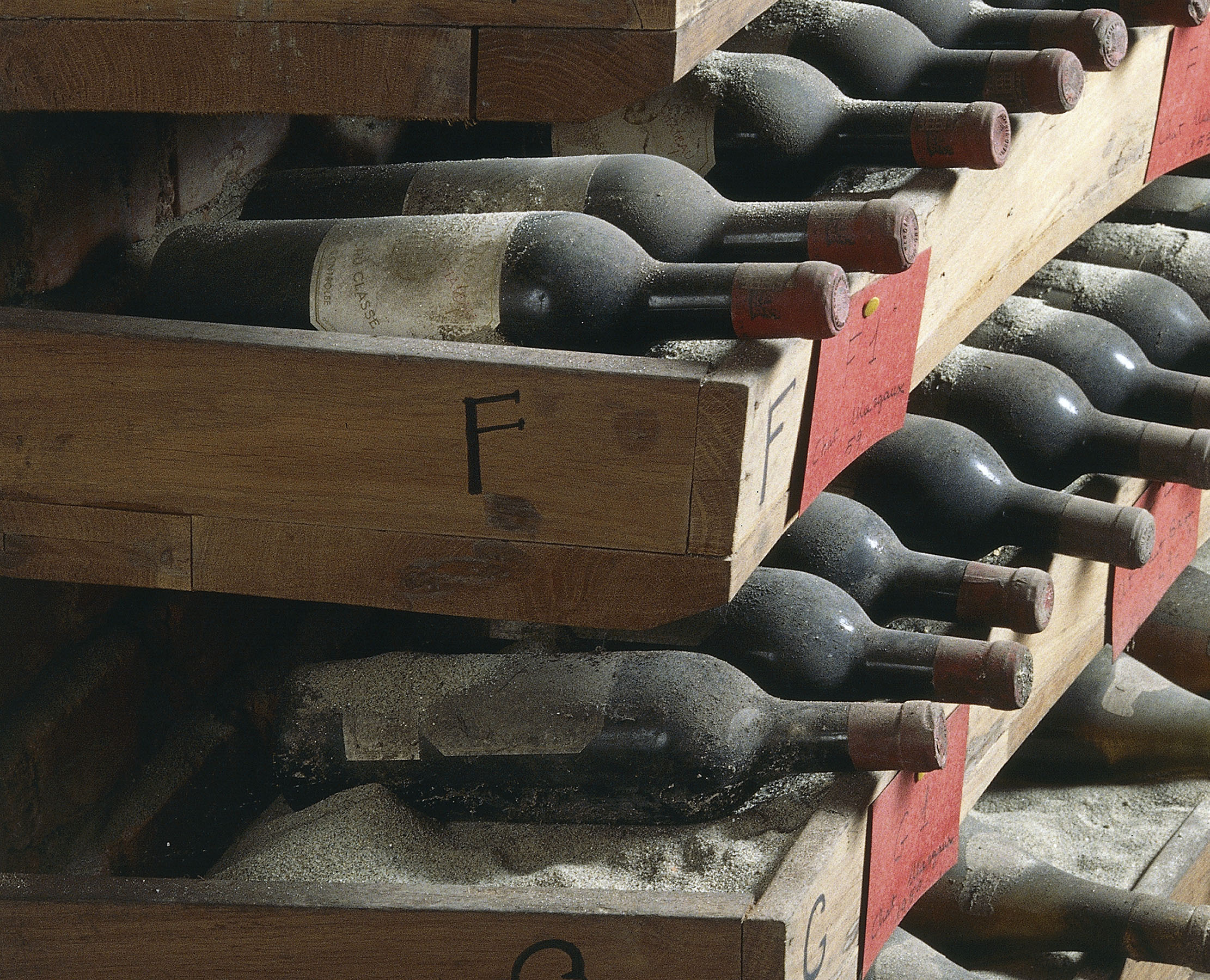
Credit: De Agostini via Getty Images
'It took my son and daughter-in-law a weekend to set up an online shop... In a week, we sold £10,000 of wine that was languishing in the bonded warehouse'
Carla Carlisle's lockdown has taken her farm shop to places she'd never imagined — but now she's there, she's not
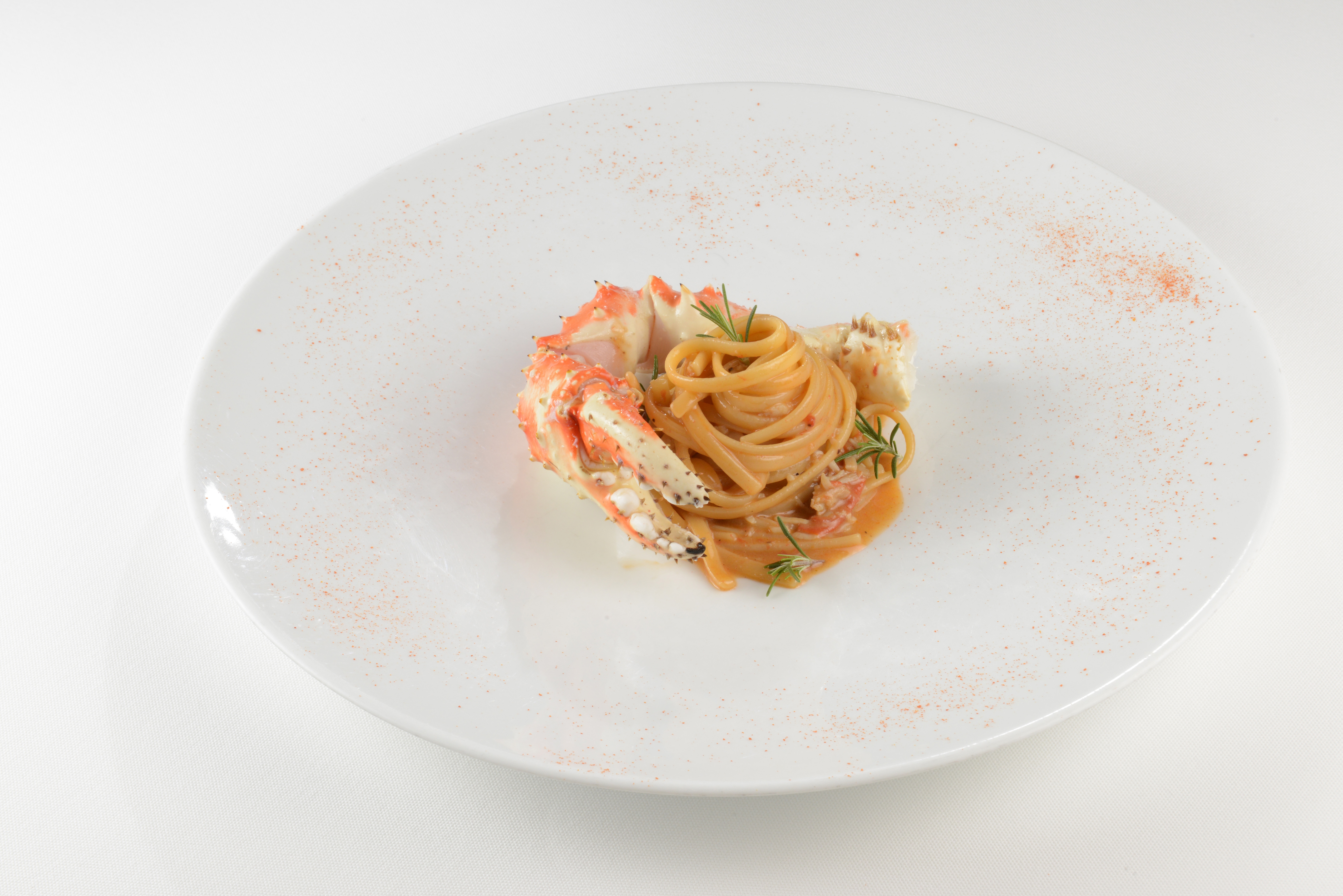
Carla Carlisle: 'Something happened: instead of celebrating the solitude and bounty, I became haunted by the inescapable inevitability of dinner'
Carla Carlisle took enthusiastically to the first lockdown, but found herself languishing during the second one.

Credit: Jackson-Stops
An idyllic Suffolk rectory with walled garden, croquet lawn and full of 18th century charm
A house in Suffolk's 'Constable country' has come to the market, offering an idyllic rural escape yet within an hour
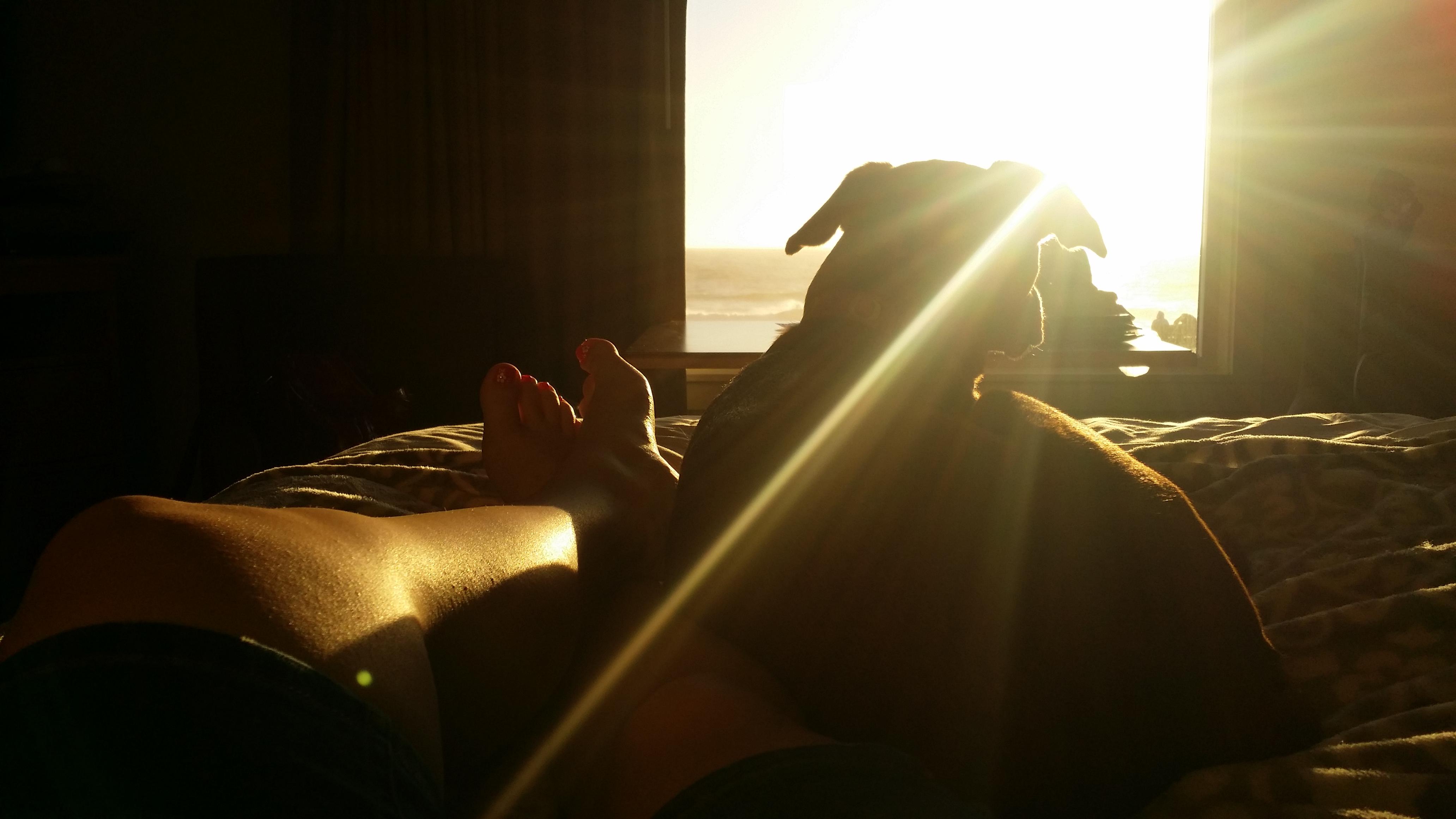
Credit: Alamy
Carla Carlisle: 'Maybe we have to accept that dogs share our rage at growing old'
In a heart-wrenching column, Carla Carlisle talks about the sadness of dealing with dogs who don't go gently into the
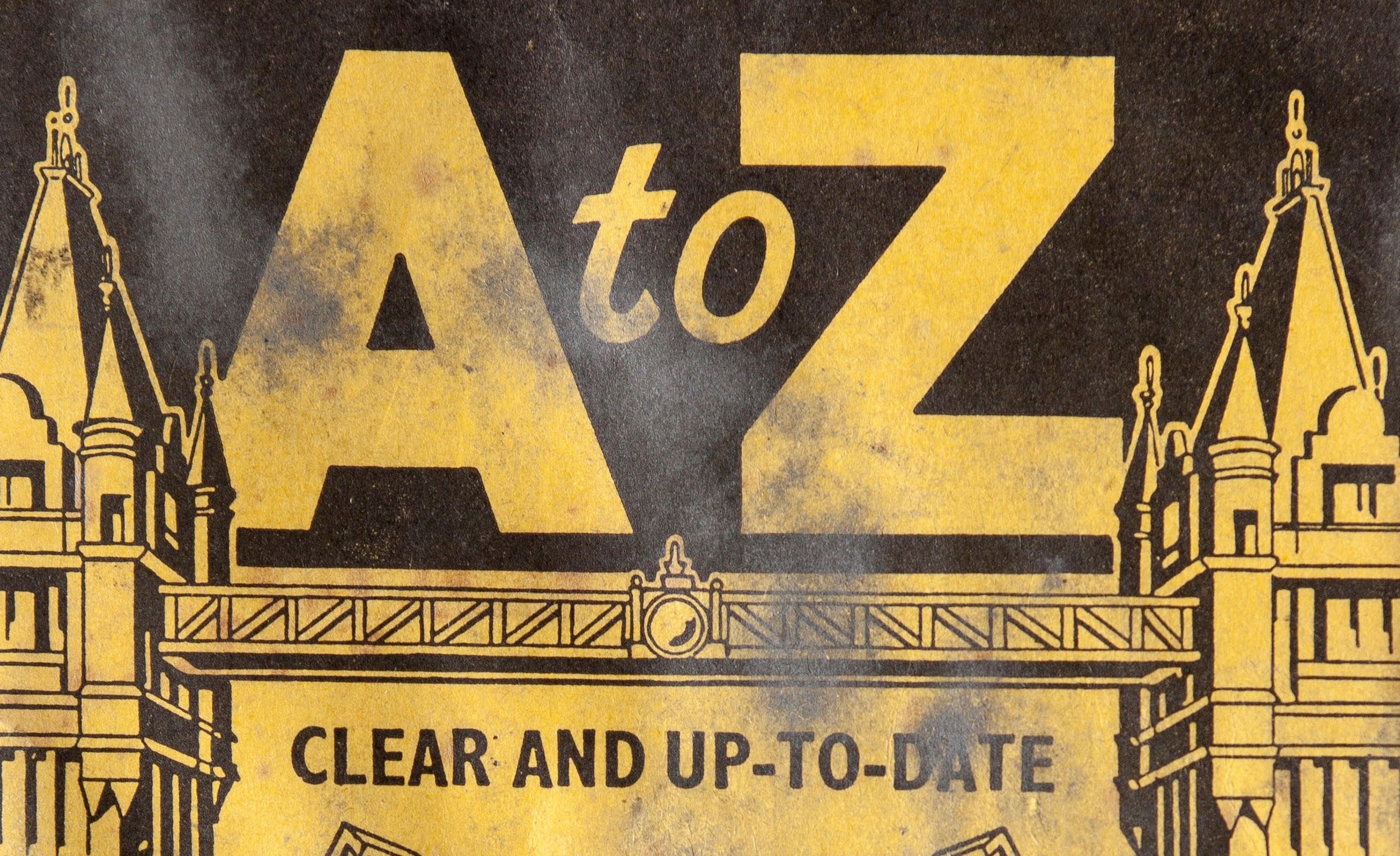
Credit: Alamy
